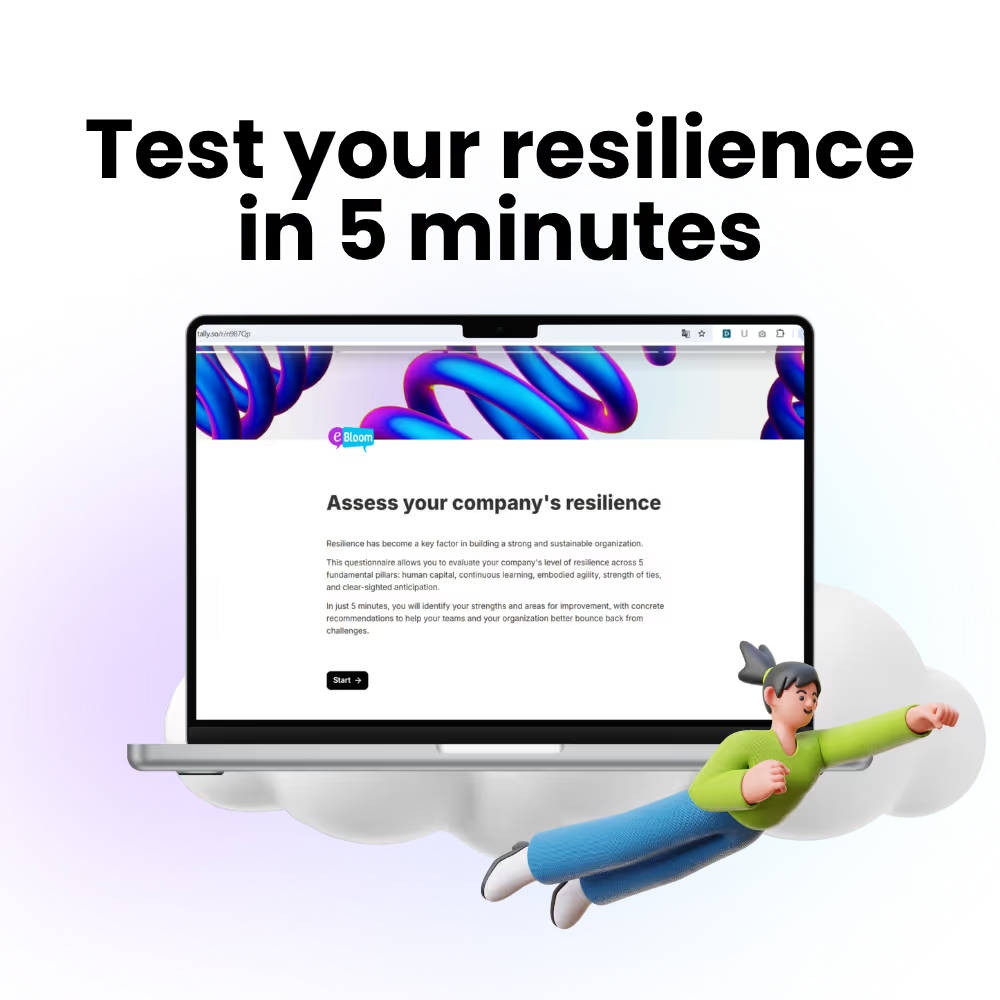
In 2025, organizations are navigating turbulent waters: declining engagement, growing distrust in institutions, and an ongoing search for meaning. In this context, transformational, responsible, and resilient leadership is more essential than ever. Ryan Gellert, at the helm of Patagonia, is showing the way. Here are 5 key lessons from his leadership style.
When Yvon Chouinard handed over Patagonia to transform it into a model of a planet-first business, Ryan Gellert stepped up as CEO. The challenge was immense: to carry forward a mission that transcends profit while staying true to the founder’s vision.
From the outset, Gellert admitted that speaking on behalf of Patagonia didn’t come easily.
“Week one, I got an invite to speak on behalf of Patagonia. (…) I felt like I couldn’t do it for a long time. You’re asking me to tell the story like it’s my own, but it wasn’t.”
This honesty reflects a rare kind of leadership, one that takes the time to fully embody the values it stands for.
In a world where even the smallest misstep can spark a reputational crisis, Ryan Gellert holds a firm stance: progress matters more than perfection. As he puts it:
“The world doesn’t need us to be perfect,” (…) “But it does need us to try, to act with urgency, humility, and the kind of conviction that makes people believe change is possible.”
At Patagonia, this means acknowledging the company’s limits, accepting criticism, but never standing still. It’s this clear-eyed action that defines courageous leadership, moving forward, even in uncertainty.
At Patagonia, transparency isn’t just a value, it’s a practice. Even in difficult moments, the company takes time to explain sensitive decisions and communicates openly about its challenges and areas for improvement.
In 2024, when job cuts affected roughly 1% of staff, leadership chose to speak out. Ryan Gellert addressed the team to explain the economic context, take responsibility, and support those affected with concrete measures, including up to 22 weeks’ salary and a year of health coverage.
To illustrate this commitment, Gellert candidly admitted:
“Today, we are getting more right than wrong, but we aren’t meeting the high standards we set for ourselves.”
This drive for transparency, even under pressure, reflects a core principle of Patagonia’s leadership: tell the truth, even when it’s uncomfortable and treat everyone with dignity.
At Patagonia, standing up for values isn’t a marketing play, it’s a deliberate commitment. As Ryan Gellert emphasizes:
“Our track record of standing behind our values and putting our money and actions where our mouth is gives us a great position to speak from, not one of hubris or hype, but of real concern for how to improve things, including how we work.”
In a climate where bold positions are quickly labeled as "woke capitalism," this approach demands a strong sense of purpose. Gellert is clear:
“There’s nothing inherently political about what we’re doing, and we’d pursue the same lawsuits and discussions regardless of who is at the top.”
This ability to stay the course, even amid controversy, reinforces Patagonia’s credibility. It’s a grounded, values-driven leadership that acts without letting public opinion steer its principles.
Since 2022, Patagonia has operated under a unique ownership structure: all profits not reinvested into the business go directly toward protecting the environment, through the Holdfast Collective. This model allows the company to balance profit, impact, and accountability.
But beyond the structure, it’s a philosophy, one where a business is accountable not to shareholders, but to the planet. For Ryan Gellert, values like transparency, fairness, and purpose aren’t luxuries for niche brands, they're the future. As he puts it:
“I sometimes get asked if this is a niche business model… But do we really have time to call environmental responsibility or fairness niche?”
What Patagonia reminds us is that inspiring leadership, grounded, brave, and aligned, can be a powerful driver of transformation. A leadership style that embraces tension, takes a stand without taking shortcuts, and moves forward not with certainty but with responsibility.
At eBloom, we believe this kind of leadership isn’t reserved for iconic brands. It’s within reach for any organization ready to grow its leadership capabilities and bring humanity, purpose, and impact back to the heart of management.
What if, tomorrow, these values were no longer the exception, but the norm?
👉 Want to dive deeper? Take our free 3-minute leadership self-assessment and discover how your leadership style shapes your team’s performance. Plus, check out our webinar on NextGen Leadership & Management.
Forbes – Alexander Puutio (2025), Ryan Gellert On Building A Future Where Sustainable Business Isn't Optional
Business Insider (2024), Patagonia lays off 41 workers as part of business transformation
Business Insider (2024), Patagonia restructuring: workers say company has lost its soul
The Guardian (2017), Patagonia files claim against Trump over removing Bears Ears protections
Patagonia website

.avif)



